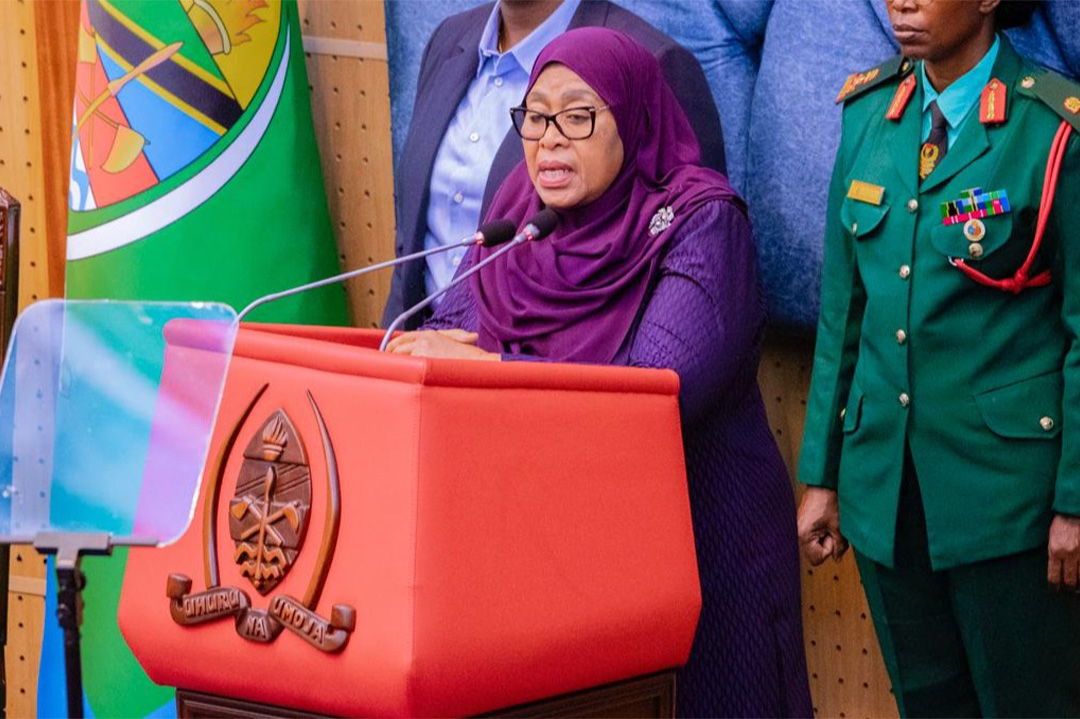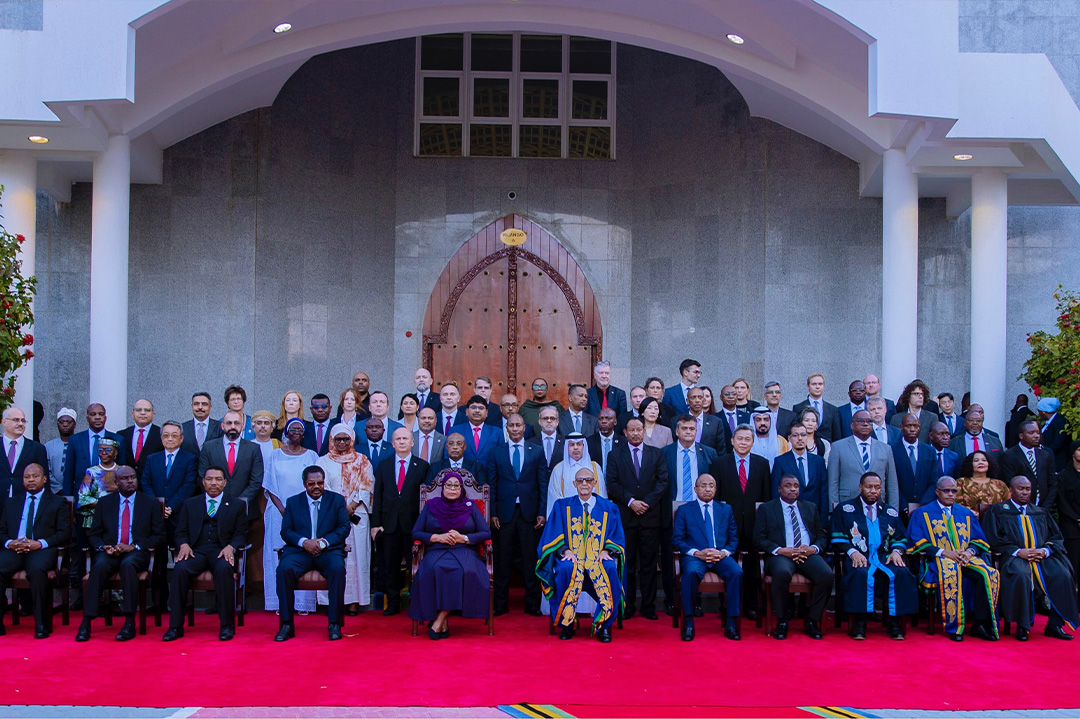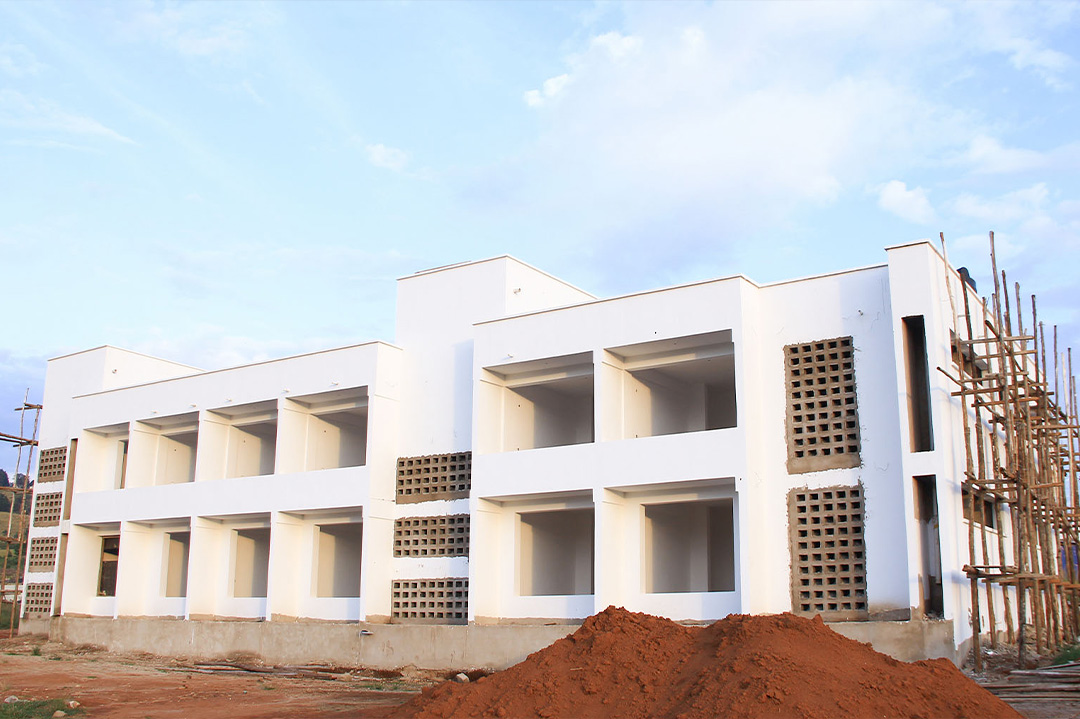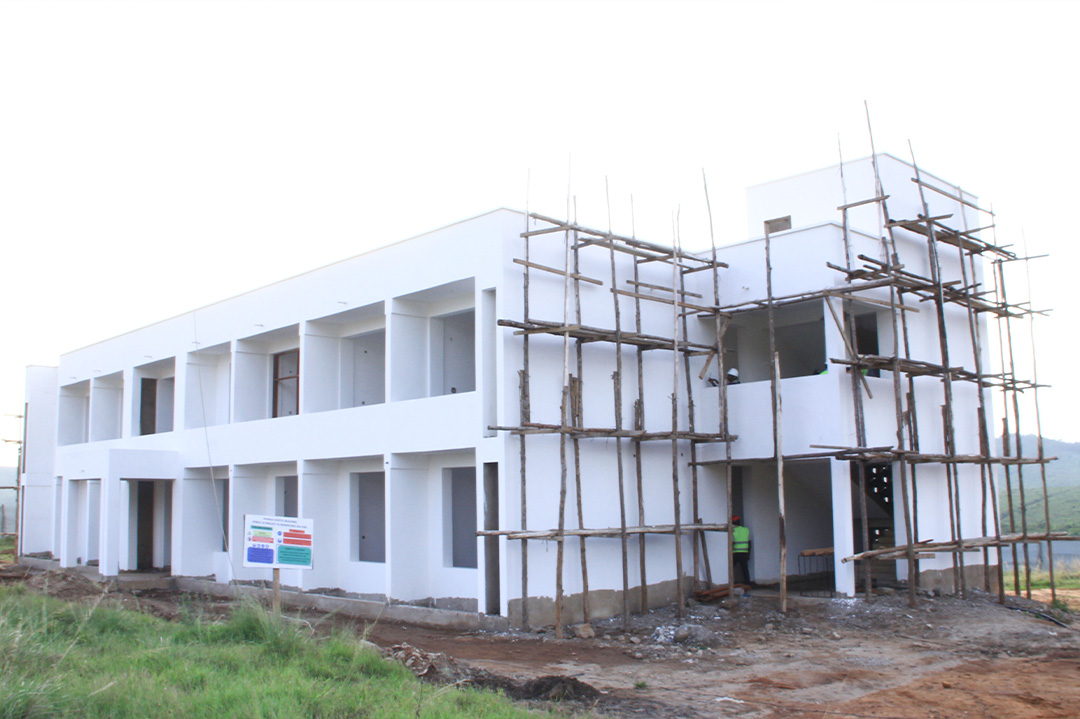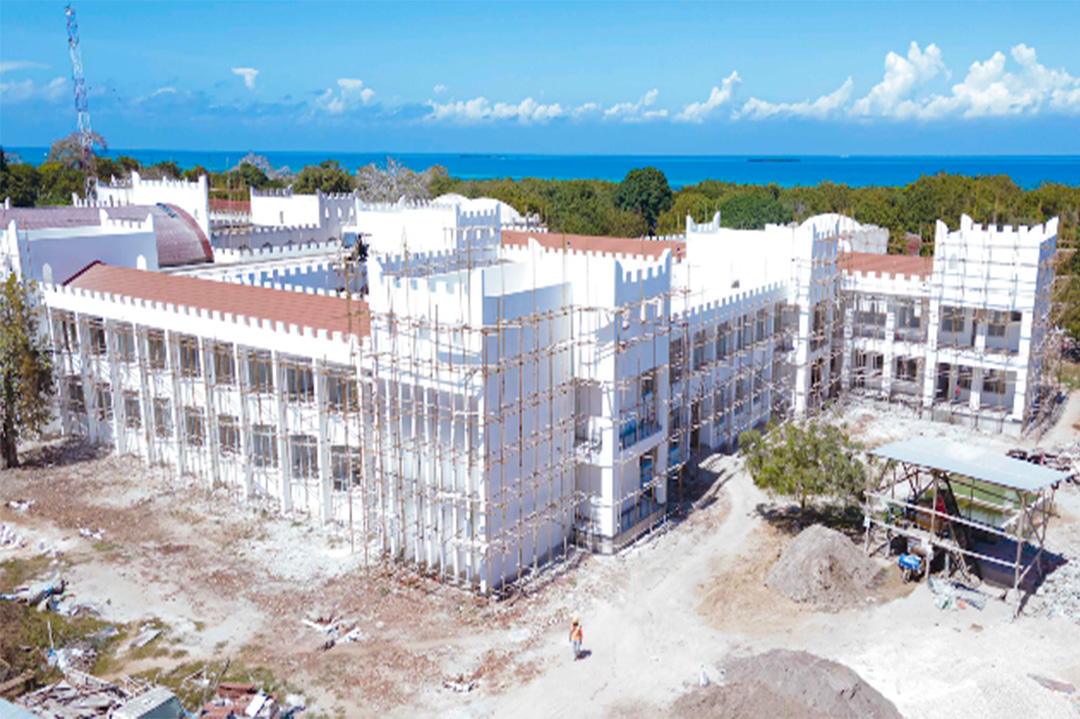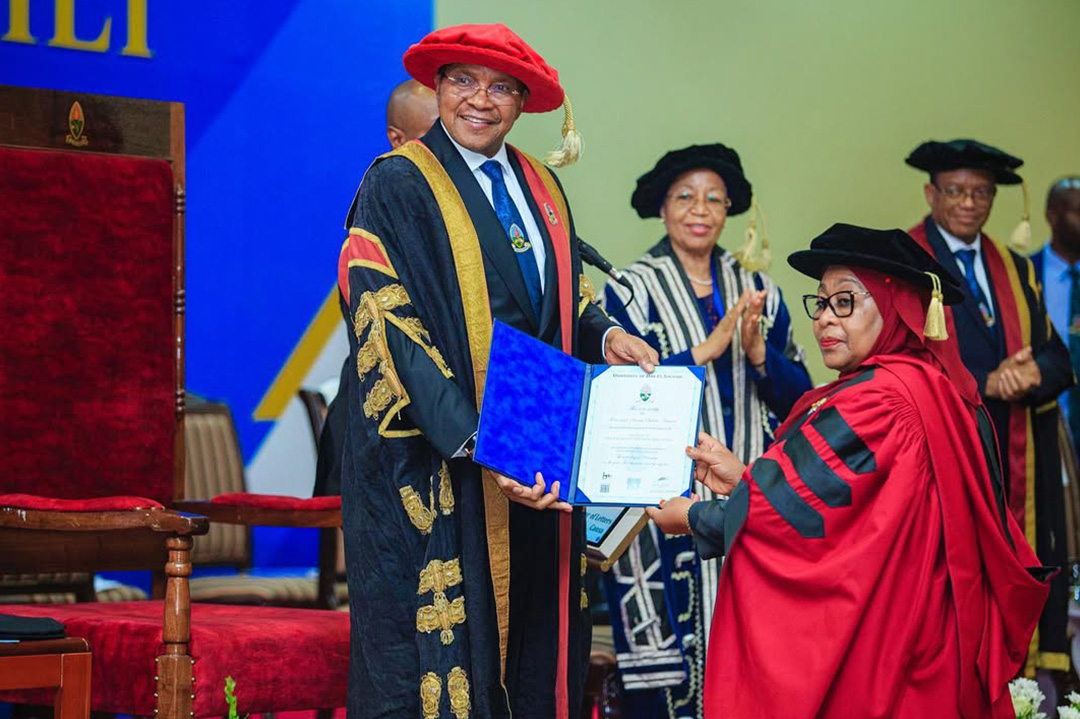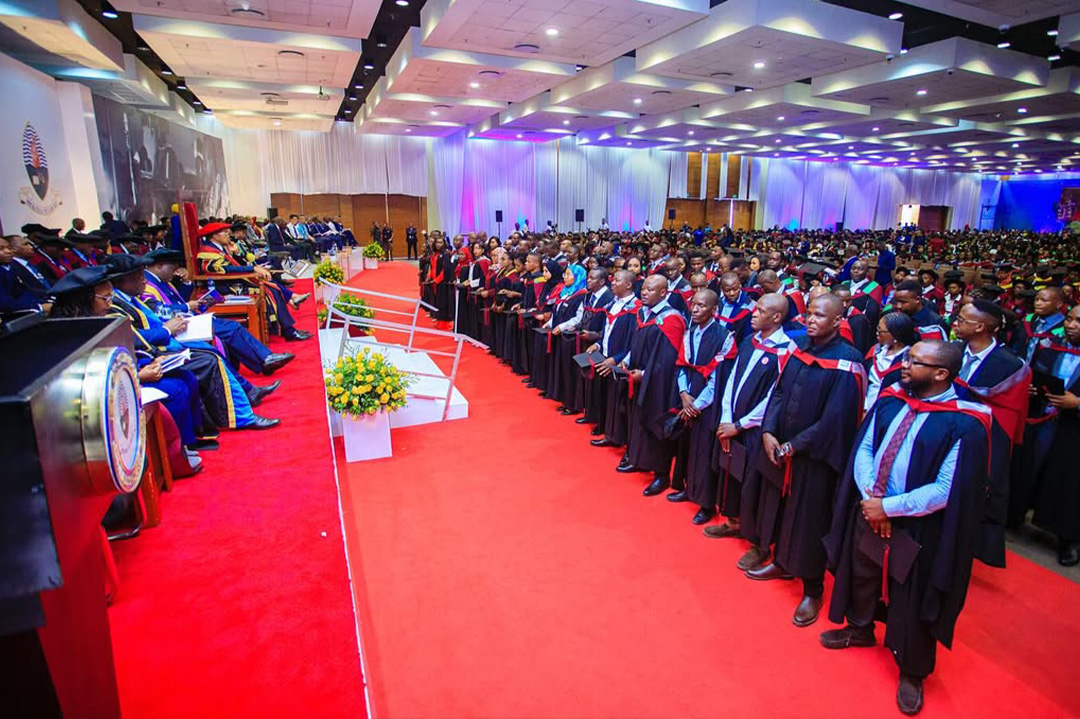UDSM, Other Varsities to Gain Big as President Samia Unveils Ambitious Education Reforms
By Special Correspondent, CMU
The University of Dar es Salaam (UDSM) and other higher learning institutions across Tanzania are set for major advancements following President Samia Suluhu Hassan’s far-reaching commitments to the education sector.
Speaking during the inauguration of the 13th Parliament in Dodoma on 14 November 2025, the President outlined a bold agenda that places universities at the centre of national scientific and technological transformation.
President Samia underscored the government’s determination to roll out the newly improved Education Policy, which prioritises skills-based and competency-driven learning.
“In the next five years, we will fully implement the enhanced Education Policy, which emphasises skills-based education”, she said, marking a decisive shift towards modern, practice-oriented learning.
A key highlight of her speech was the renewed push for science, technology, engineering, and mathematics (STEM). Tanzania, she stressed, aims to build a strong cadre of experts capable of driving the country’s industrial and digital agenda.
“Our goal is to increase the number of specialised scientists in data science, artificial intelligence, computer science, and industrial technologies,” President Samia stated.
To accelerate the training of such experts, the government will invest further in the Samia Scholarship Fund. The fund will support top-performing students to pursue advanced studies both inside and outside the country, an opportunity expected to particularly benefit institutions such as UDSM, Sokoine University of Agriculture, Muhimbili University of Health and Allied Sciences, Ardhi University, The Nelson Mandela African Institution of Science and Technology, the State University of Zanzibar, and the new university campuses emerging nationwide.
The President also announced that the government will complete special science secondary schools for girls and talent-based science schools for boys in every region. This initiative is expected to strengthen the pipeline of well-prepared STEM students who will eventually join universities.
As part of efforts to enhance equity and learning standards, rural and urban schools will be digitally linked. This connectivity will allow schools to share knowledge, teaching resources, and experiences, ensuring that future university entrants develop strong digital competencies from early stages of learning.
For the first time in Tanzania’s history, every region will have a university campus, a move President Samia described as historic. This expansion will widen access to higher education, reduce pressure on major institutions such as UDSM, and stimulate regional development through research, innovation, and skills training.
Increased allocation of student loans
Matching the growing demand for higher education, the government will also increase the allocation of student loans. Thousands of students are expected to benefit from this expansion as more campuses open and enrolments rise.
Furthermore, the government will intensify oversight to ensure that university curricula align with national economic and industrial priorities. This alignment is expected to help universities produce graduates who are not only knowledgeable but equipped with practical and market-ready skills.
Education analysts have welcomed the President’s commitments, noting that the reforms will strengthen research, digital learning, industry partnerships, and innovation across the higher education landscape. For UDSM, the reforms reinforce ongoing initiatives to modernise teaching, expand postgraduate training, and grow scientific research capacity.
Responding to the President’s vision, UDSM Vice Chancellor, Prof. William A. L. Anangisye, affirmed the institution’s commitment to supporting the national transformation agenda. He said the University stands ready to play its part, stating: “UDSM is ready to do its best in the realisation of President Samia’s vision.”
Meanwhile, President Samia stressed that human capital development remains a central pillar of Tanzania’s future. With renewed investment in science, technology, and digital readiness, universities across the country are set to play defining roles in shaping Tanzania’s workforce and advancing the nation’s global competitiveness.


